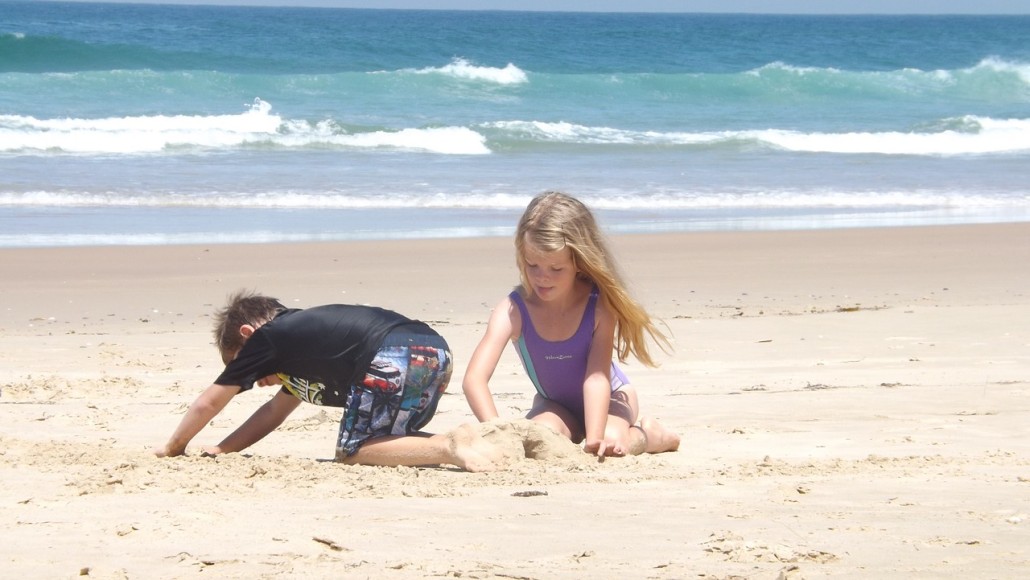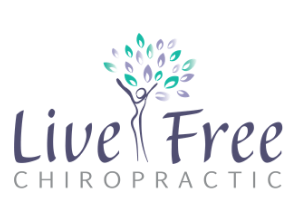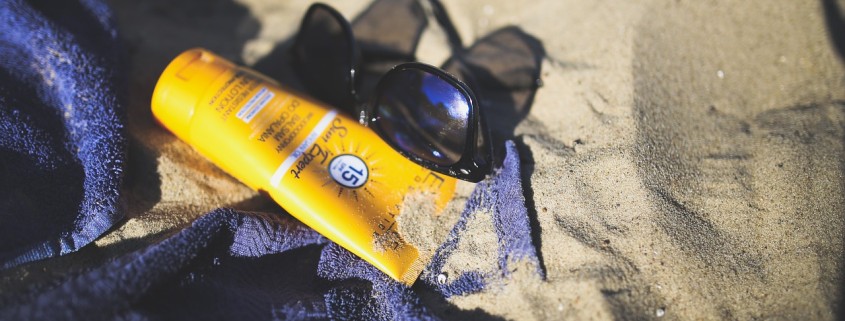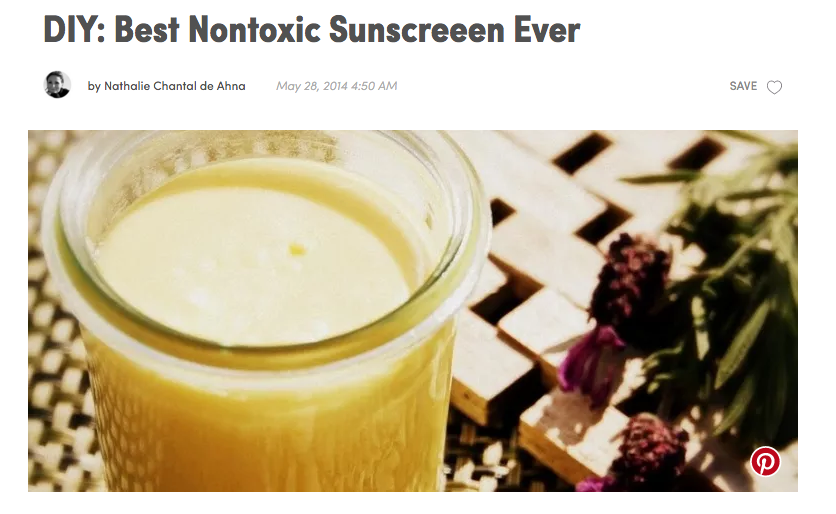Is Sunscreen Really All That Necessary?
As someone who’s grown up right here in south Florida, I’ve always enjoyed the outdoors. To me, there’s nothing better than going outside on a nice sunny day just to soak up the warmth beaming from the sun. Of course, I can’t always stay outside for too long (especially when the temperatures are somewhat unbearable…hello summer!), but I do try to get out for at least 15 minutes a day or more.
And when I do get the opportunity to sneak away from the office, I usually do so without sunscreen. I can hear the virtual gasps now! Yep, you heard that correctly. As a doctor, I enjoy going outside without sunscreen sometimes.
Now, after speaking with a patient of mine, I realized that this may sound strange to some. In fact, this is the reaction that I usually get from people when I tell them I don’t always wear sunscreen: “Aren’t you worried about skin cancer? Shouldn’t you wear sunscreen everyday or at least anytime you’re out in the sun? I’m so confused now!”
And the answer to this is two fold: no, you don’t always need sunscreen, but, that doesn’t mean you should never wear it. Okay, so I know this may be confusing at this point so, to clear things up, I’ve decided to spend time today addressing this issue of whether or not sunscreen is really all that necessary.
Let’s dive in.
The Sun Gives Us a Vitamin that We Absolutely Need to Thrive
You may or may not already be familiar with vitamin D. Maybe you’ve heard your doctor mention it before or maybe you’ve even heard about it with regards to the sun.

Vitamin D is a special vitamin, and it’s a tricky one for us to obtain. See, unlike other vitamins, it’s hard for us to get enough of this powerful boost from the foods we eat or even from a multivitamin. Sure, your multivitamin may contain it, but most of us actually need more than the recommended daily allowance.
On top of that, vitamin D is better absorbed through our skin than if we were to take it orally so your multivitamin may not be delivering as much of the RDA as promised on the label.
And if that wasn’t enough, the vitamin D found in foods is usually a negligible amount at best.
This is where the dilemma comes in: if we can’t obtain it from the foods we eat and our multivitamins may not be enough, what are we supposed to do?
I’m glad you asked!
The best way for us to get enough vitamin D is to get outdoors and soak up the sun sans sunscreen. Yes, you heard correctly, without sunscreen.
You see, vitamin D does not come directly from the sun’s rays. Rather, once the sun’s ultraviolet rays hit our skin, it causes our bodies to synthesize vitamin D naturally. This is how we obtain the all important vitamin. But, when we wear protective sunscreen (even as low as 8 SPF), this natural process is blocked. So the ultraviolet rays don’t pass through our skin and as a result the body doesn’t synthesize the vitamin D as it should.
The problem is, without vitamin D, we’re in for some trouble.
Vitamin D Deficiency is a Serious Thing
To give you an idea, vitamin D is specifically connected to our bone health, immunity and our hormone productions.
Yet, as Dr. Mercola points out, roughly 85% of us are not getting enough of this vitamin. Dr. Mercola continues on to say that, “Vitamin D deficiency has been linked to cancer, diabetes, osteoporosis, rheumatoid arthritis, inflammatory bowel disease, multiple sclerosis and autism.”
And if that wasn’t enough, WebMd also tells us that, “Vitamin D deficiency has now been linked to breast cancer, colon cancer, prostate cancer, heart disease, depression, weight gain, and other maladies.”
As you can see, we need vitamin D. Without it, we’re risking much more serious conditions.
Is This a Classic Catch-22?
Sort of.

On the one hand, if you wear sunscreen, you’ll lose out on obtaining enough vitamin D which means you lose the all important benefits from it which could increase your risks for certain cancers.
Yet, on the flipside, if you’re exposed to too much sun without protection, you could also increase your risks of certain cancers.
So what’s the solution here?
For short term fun in the sun (let’s say an hour or less), it’s best to go out without sunscreen.
Ideally, you should spend at least 15 minutes outside every day without sunscreen. This is the sweet spot for absorbing your daily recommended allowance of vitamin D without going overboard.
Now, if you’re planning on a full day of sun (think: at least two hours or more), you’ll want to use protection after you’ve soaked up some of the powerful sun rays (after 15-30 minutes have passed).
Keep This in Mind When Using Sunscreen:
But, to be clear, not all sunscreen is safe for us. In fact, many are packed with chemical fillers that are actually harmful to our health. These chemicals can impact things like your hormones, allergies, thyroid, and other important systems.
At that point, if you’re using sunscreen with harmful chemicals in it, you could be doing more harm than good.
So before you go applying the sunscreen you have at your home already, check out WebMd’s list of harmful ingredients in sunscreen to avoid.
And, if you really want to be safe and protected, try this DIY natural sunscreen from the team over at Mind Body Green.
What Else Can You Do to Stay Protected?
Some of the best advice I’ve found when it comes to staying protected while still taking in enough vitamin D is:
- Avoid the sun during peak hours (11am- 4pm)
- Cover up during peak hours
- Get your vitamin D dose early in the morning (just after sunrise and before 11)
- Try eating more foods that offer natural sun protection
Despite what you may have heard, it’s essential that you enjoy some sunscreen-free time in the sun in order to get enough vitamin D each day. And, if you plan on staying outside for awhile, don’t forget to use a safe sunscreen that isn’t packed with harmful chemicals.
Now it’s time to get outside! We’ll see you next time!
We hope that you’ve enjoyed this article and encourage you to share it with your friends and family. To stay up-to-date with more articles like these, be sure to sign up for our newsletter too!





Leave a Reply
Want to join the discussion?Feel free to contribute!